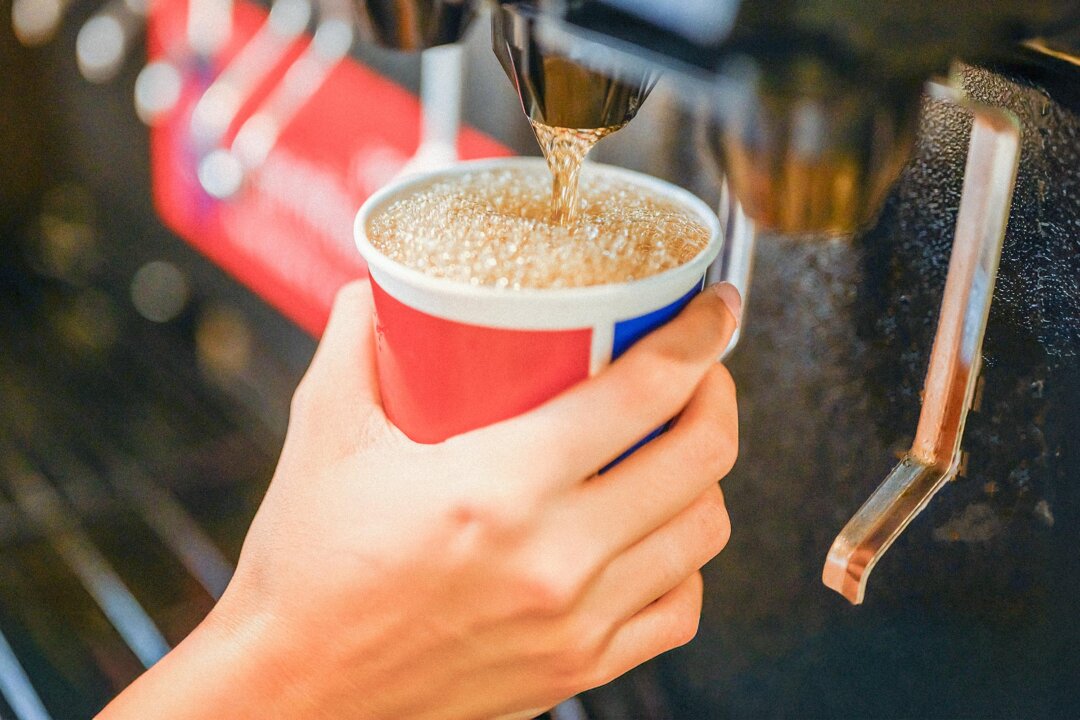Emerging research indicates that consuming more than one can of soda daily, including diet varieties, may significantly increase the risk of liver disease. A comprehensive study involving nearly 124,000 participants has identified a connection between the intake of artificially sweetened beverages and an increased likelihood of developing nonalcoholic fatty liver disease (NAFLD), also known as metabolic dysfunction-associated steatotic liver disease (MASLD).
The findings, led by researchers at Harvard University, reveal that even a single daily serving of these drinks can contribute to the accumulation of fat in the liver. This condition can lead to inflammation, pain, fatigue, and loss of appetite. MASLD has emerged as the most common chronic liver disease globally, affecting more than 30 percent of individuals and becoming a significant factor in liver-related deaths.
Insights from the Study
The study’s results emphasize the potential health risks associated with frequent consumption of soda, regardless of whether it is regular or diet. Given the widespread popularity of these beverages, the implications of the research are concerning. The liver plays a crucial role in processing dietary sugars and fats, and the additional burden from regular intake of sweetened drinks can disrupt its functionality.
Researchers carefully analyzed data collected over several years, assessing participants’ dietary habits alongside medical histories. The correlation between soda consumption and liver disease was particularly pronounced among those who regularly consumed multiple servings each day.
Despite the common perception that diet sodas are a healthier alternative, the study suggests that the artificial sweeteners used in these beverages may still pose risks to liver health. The exact mechanisms through which these sweeteners affect liver function remain unclear, warranting further investigation.
Implications for Public Health
The rising prevalence of MASLD signals an urgent need for public health initiatives aimed at reducing soda consumption. As healthcare professionals observe a growing trend in liver disease, the findings of this study could serve as a catalyst for change in dietary recommendations and consumer behavior.
Health experts advocate for increased awareness about the potential dangers of excessive soda intake and encourage individuals to consider healthier beverage options. Simple changes, such as substituting sugary drinks with water or herbal teas, could have a significant impact on reducing health risks associated with liver disease.
In light of these findings, individuals are advised to closely monitor their consumption of sweetened beverages. As research continues to unfold, the link between diet and liver health remains a critical area for ongoing study and public education.
